Well, Apple’s been decidedly kind and kept to the same pattern again – the iPhone 6S is almost identical to 2014’s iPhone 6, to the point that we could barely tell the difference between the two in the hand, with a little extra thickness and weight to give you the clue that you’re holding a next-gem phone in your hand.
But while the outside is identical, the stuff that Cook’s Crew crammed inside is supposed to be a big change – hence Apple’s decision to give this phone the tagline: ‘The Only Thing That’s Changed Is Everything’.
With an all-new way of touching the phone, an improved chassis and a pseudo-magical way at viewing your photos, will this be the first iPhone ’S’ variant that is just a polished version of the previous year’s model?
iPhone 6S design
The design of the iPhone 6S is, well, the iPhone 6 with 0.2mm thickness and 14g more weight. That’s it.
Everything else is the same as the iPhone 6, with even the same cases from last year slipping snugly around its svelte form.
The same ceramic-feeling metal is in effect once more, but this time it’s been given a 7000 series aluminium upgrade – the same as used in space programs to make rockets that little bit stronger.
If it wasn’t for the hoopla around Bendgate last year, you’d say that this was an utterly unnecessary upgrade – after all, you’d hope that Apple wouldn’t have made a phone that bent in the first place, so needing to strengthen it should be necessary.
The screen on the iPhone 6S is identical to last year’s model as well, with the same 4.7-inch, 750p display adorning the handset. It’s easy to be snobbish and say that’s terrible for a phone that costs well over £500, but it still looks stunning thanks to being laminated close to the glass.
Then again, it’s not in the same league as the Super AMOLED of the Samsung Galaxy S6, with its QHD resolution starting to offer a better experience for everything from photo viewing to web browsing.
Perhaps we don’t need that level of clarity just yet, but 1080p wouldn’t have gone amiss here to add a little bit of shine to the screen.
Here's what the iPhone 6S looks like in the flesh.
iPhone 6S 3D Touch
The big, headline-grabbing element of the iPhone 6S is the new way you can interact with the phone. Instead of being limited to swiping up, down, left and right, now you can actually go INTO THE SCREEN.
Sadly, it’s not like a mobile version of Tron (notes down idea for screenplay) but the iPhone 6S is able to measure the force with which you push the screen and thus can react accordingly.
Got an email but not sure if it’s worth opening? Push the screen and a preview pops up. If you’re not bothered about what the Nigerian prince has to say you can let go and return to your inbox, or you can push harder to open the email and claim your millions.
Or perhaps you get link in a message from your Mum and you don’t know what it is – a swift poke will show you in preview that it’s a clothing sale at that shop you used to like when you were five years old, and you can dismiss it with no more thought – content that you’ve not wasted time jumping in and out of the messaging app.
3D Touch is littered throughout the iPhone 6S, and it’s almost a game to work out where Apple has enabled it. You can see movie previews, check out pictures you’ve just taken or manipulate the cursor on the screen with ease.
It’s a neat system and easily the highlight of this new phone – and when developers get their hands on it, it’s going to be a real winner when you’re able to do even more Crazy Candy Crushing. It\s a potential feature, rather than one that’s fully formed right now, but it’s something that you’ll really be into after spending a couple of days with it.
iPhone 6S Live Photos and camera
The other big change to the iPhone 6S is to the camera – not just the 12MP sensor that’s packed in there, but the fact that pictures have now been imbued with magic. Live Photos, which is enabled by default (but can be easily toggled off with a switch in the bottom corner of the screen) adds a sprinkling of Harry Potter to your snaps by taking a 1.5 second video before and after the snap, recording a cheeky a bit of audio as well.
The result is your normal colourful, sharp snap from Apple, but with when you poke the screen a little more force the picture will begin to move, showing the moment as it was around the photo. With the audio it really adds to the memory, giving you more of a flavour of what actually happened.
Well, that’s the theory anyway. If the camera is braced well and taking the picture in strong light it works really well, capturing the moment and adding to what was there before.
But in our testing this didn’t happen very often. Generally the result was rather choppy, and if the light levels were lower, the Live Photo was rather jumpy.
The overall quality of the actual snap was never bad though – like the iPhone 6, the 12MP sensor leads to some brilliant pictures. The focusing is strong, the lighting and colour levels excellent and the overall composition is good thanks to the intelligent scene levelling from the phone’s engine.
We couldn’t see much of a difference from the iPhone 6 in terms of overall picture quality, but then again that sensor didn’t let us down either. The overall sharpness was marginally better, but the low light performance was pretty much identical.
The front-facing Facetime HD camera is probably the biggest upgrade within the phone, in terms of raw output. Up from 1.2MP to 5MP, the new sensor takes some great self portraits, with clarity and definition all over the place.
Live Photos are included here too, and even a flash. It’s not a dedicated LED sensor, but the iPhone 6S working out the colour balance of the scene it’s presented with and firing the screen to an insane brightness for a fraction of a second to simulate a flash.
The result is pretty good – the scene is definitely lit, although not all of the face is bathed in light if it’s particularly dark. Get the right lighting mix though and the flash really helps – a pub atmosphere is perfect.
Check out our video of how Live Photos look on the iPhone 6S.
iPhone 6S battery
The battery life of Apple’s phones has never been that good, but at least the iPhone 6 managed to bring things up to the level of other Android phones. However, it still wasn’t long enough to last the whole day, and the iPhone 6S Plus actually seems to have managed to go a little bit backwards
That’s partly down to the smaller battery pack that’s been shoved in there, to accommodate for the extra circuitry of the 3D Touch. As such, even with the more efficient A9 chip and the upgraded iOS 9 platform, the iPhone 6 and 6S last for roughly the same amount of time.
At least the new version of iOS brings an enhanced battery saving mode (cunningly called Low Power Mode) which will turn off Siri listening to you all the time and background activity – but it’s not enough to make this an industry-leading battery by any stretch of the imagination.
T3 verdict
If you’re someone stuck with the iPhone 5S or, whisper it, earlier, you’ll be badly wanting a new iPhone – and the iPhone 6S is the best Apple handset that’s ever been made.
It’s not a huge claim though, as if Apple didn’t make its best phone this year we’d have a really worrying situation at the Cupertino firm.The big upgrade on offer is the 3D Touch interface, which quickly feels like second nature when you’ve used the phone for a few days.
Live Photos fails to impress in the way Apple probably hoped, and the improvements to the chassis seem a bit unnecessary – merely there to prove that nothing is going to bend this year.
If there’d been something tangible to grab onto with the new iPhone – a longer lasting battery, a higher-res screen – then perhaps it would have been easy to recommend this model without question. But even still, if you're an iPhone fan then there's no question which is the right one to go for, with the 6S offering future proofing a really fun new interface to play with.
Liked this? Why not read 10 awesome iOS 9 features you really shouldn't miss


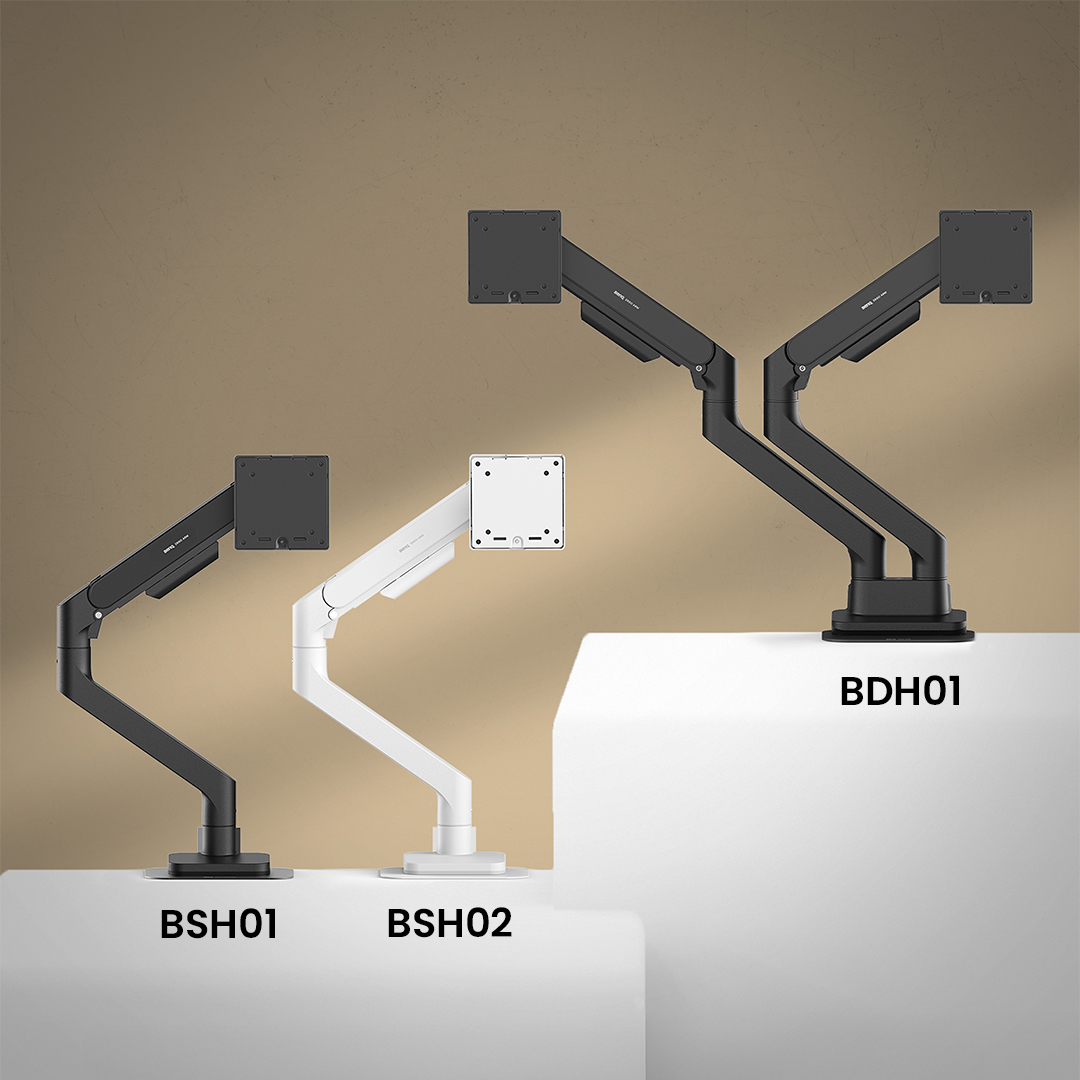
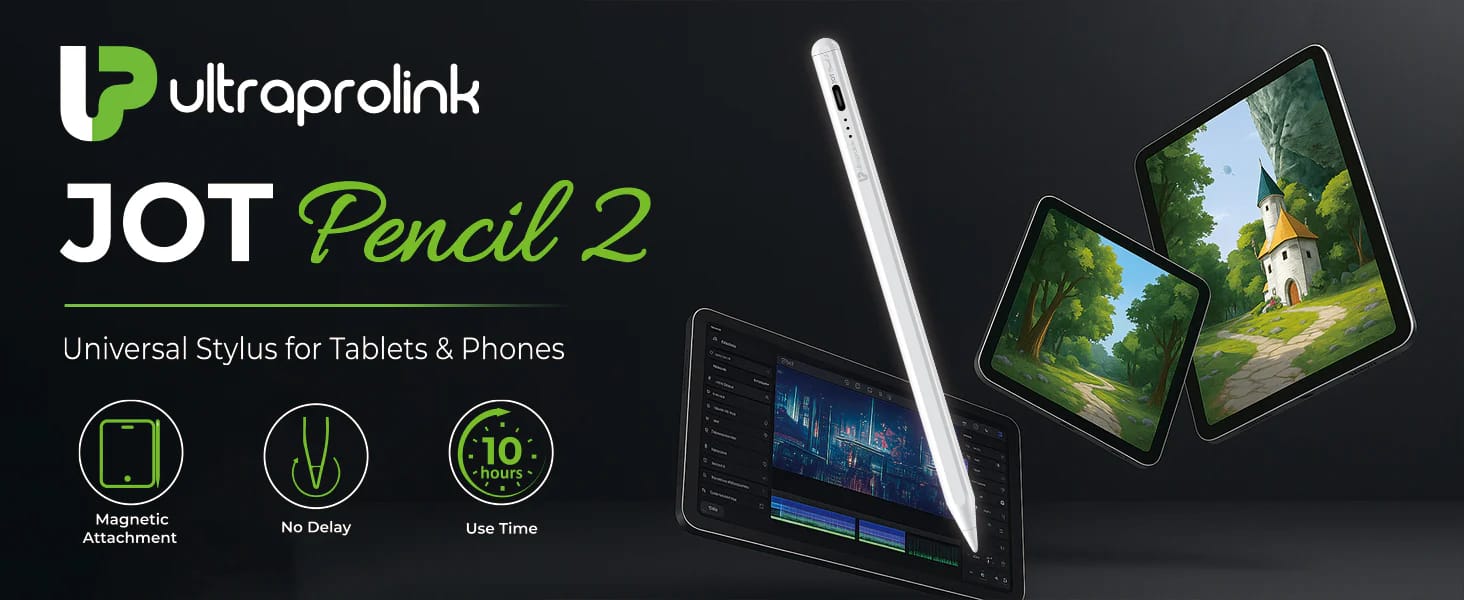
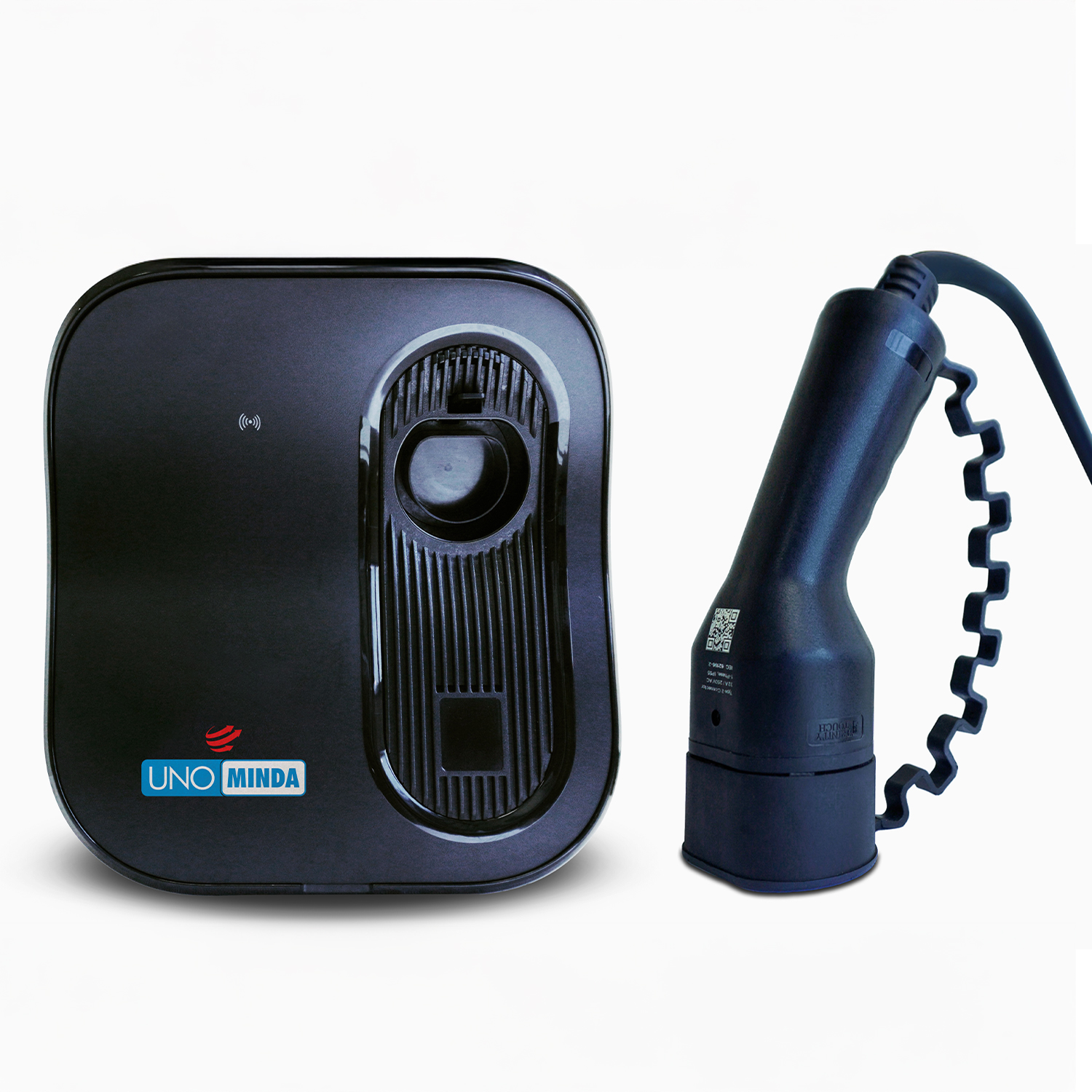
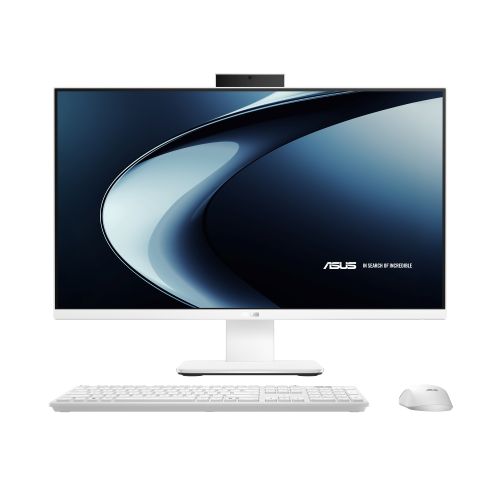


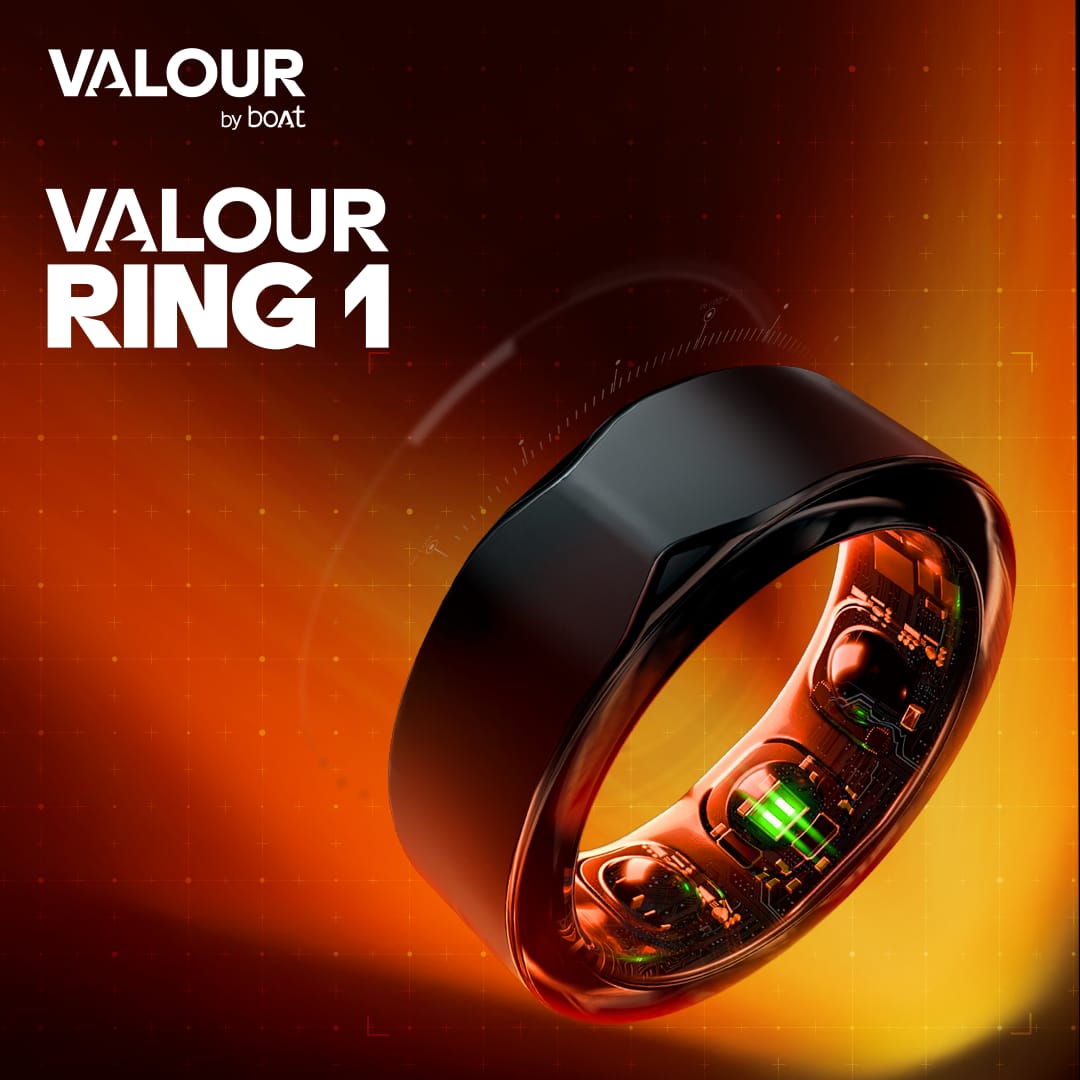
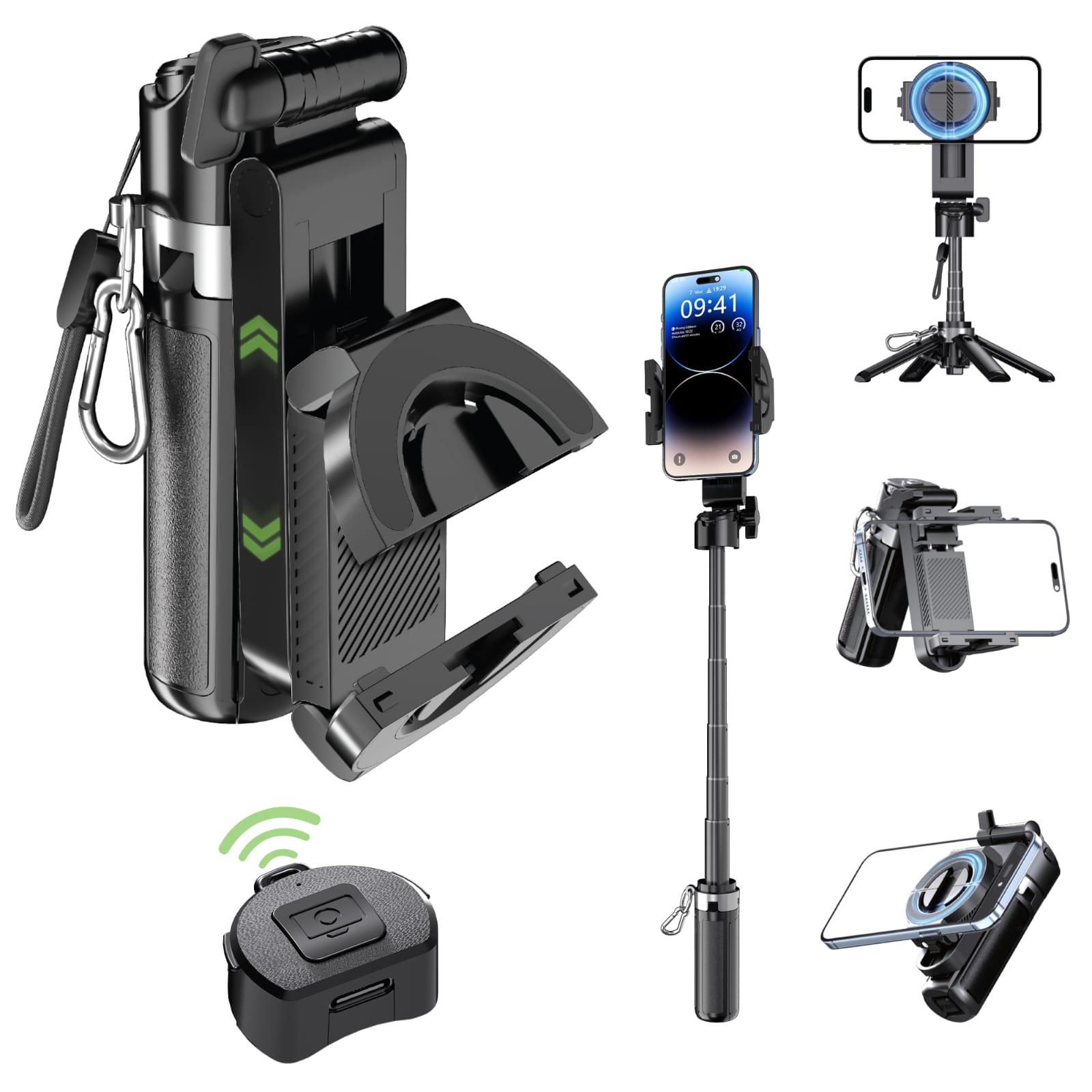
Leave a Reply